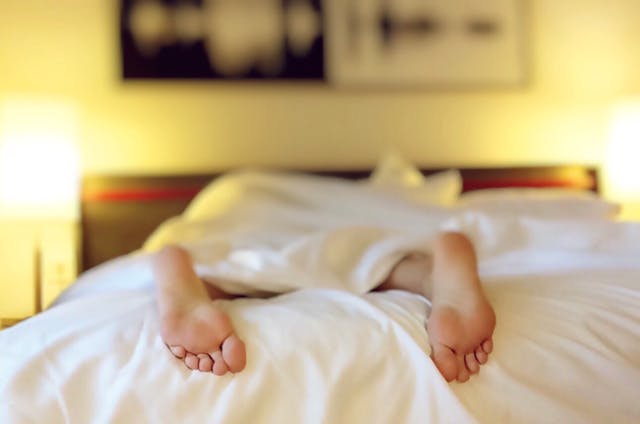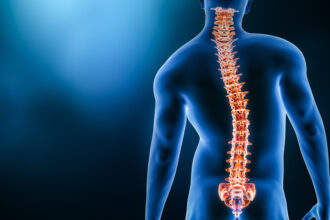A comprehensive study from Norway, published in BMJ Open, an open-access journal, reveals a correlation between the consumption of energy drinks and reduced sleep quality and insomnia among college students. This large-scale investigation underscores that the more frequently students consume these beverages, the less sleep they get each night. Interestingly, even infrequent consumption, defined as 1-3 times per month, is associated with an increased risk of sleep disturbances.
Energy drinks, known for their high caffeine content, averaging 150 mg per litre, also contain various amounts of sugar, vitamins, minerals, and amino acids. They are marketed as boosts for mental and physical energy and are particularly popular among college students and young adults. Although some evidence points to the negative impact of these drinks on sleep quality, it remains unclear which aspects of sleep are most affected and whether the effects differ between genders.
To delve deeper into these questions, researchers analyzed data from 53,266 participants aged between eighteen and thirty-five from the Students’ Health and Well-being Study (SHOT22), representing the latest wave of a significant national survey targeting college and university students in Norway. The survey inquired about the frequency of energy drink consumption and detailed sleep patterns, including bedtime routines, sleep latency, and incidents of wakefulness after falling asleep. From this, sleep efficiency was calculated, comparing total sleep hours to the time spent in bed.
The study defined insomnia as difficulty falling or staying asleep, or waking up early, on at least three nights a week, coupled with daytime sleepiness or fatigue for at least three days a week, lasting a minimum of three months. Responses highlighted gender differences in energy drink consumption, with a notable percentage of women reporting they never or seldom consumed these drinks compared to men.
Despite these differences, a clear pattern emerged. Both men and women who consumed energy drinks daily reported sleeping approximately thirty minutes less than those who consumed them occasionally or not at all. This association extended to increased wakefulness after sleep onset and longer sleep latency, indicating a dose-response relationship between energy drink intake and reduced sleep efficiency.
Furthermore, insomnia was significantly more prevalent among daily consumers of energy drinks than among occasional or non-consumers, with marked disparities between genders in the prevalence of the condition. The study found a progressive increase in sleep-related problems with higher consumption levels, particularly about short sleep duration.
The researchers observed that compared to those with no or occasional energy drink consumption, men reporting daily intake were over twice as likely to sleep under six hours per night. At the same time, women had an 87% higher likelihood of experiencing the same issue. Even those who consumed energy drinks just 1-3 times a month faced an elevated risk of sleep disturbances.
It’s important to note that this study is observational and cannot definitively establish causality. The possibility of reverse causality, where poor sleep might lead to increased consumption of energy drinks rather than the reverse, cannot be discounted. Additionally, the study did not account for the timing of consumption or the precise quantities consumed and relied on self-reported data rather than objective measures.
Despite these limitations, the researchers emphasize the vital link between energy drink consumption frequency and various sleep parameters. Identifying modifiable risk factors for sleep issues in college and university students is crucial, and the findings suggest targeting the frequency of energy drink consumption as a potential intervention point.
More information: Siri Kaldenbach et al, Energy drink consumption and sleep parameters in college and university students: a national cross-sectional study, BMJ Open. DOI: 10.1136/bmjopen-2023-072951
Journal information: BMJ Open








